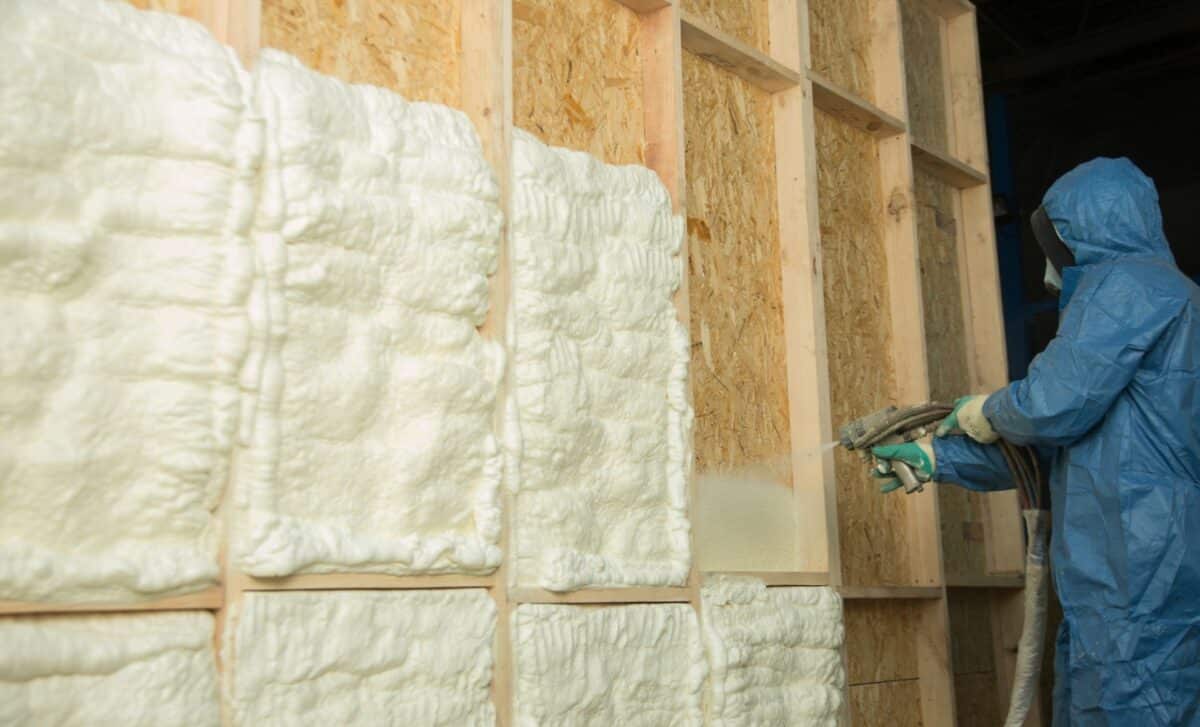Homeowners in the UK who have spray foam insulation in their homes may have trouble getting a mortgage. This widely used but contentious insulation substance may make it difficult or impossible for thousands of homeowners to obtain home loans.
In order to increase energy efficiency and lower heating expenses, spray foam insulation has become more popular in recent years among homebuyers. However, this well-meaning improvement might now be giving homeowners who want to sell or remortgage their houses trouble. Concerns about the material’s effect on structural integrity and the possibility of long-term property damage are the root of the issue.
Spray foam : A Growing Challenge for Homeowners
Spray foam insulation, which has been hailed for its capacity to insulate roofs and enhance energy efficiency, has been installed in almost 300,000 homes in the UK. Experts are now cautioning, meanwhile, that this material can do more harm than good if fitted incorrectly.
When spray foam is applied incorrectly, condensation may accumulate in the roof area, resulting in problems including structural damage and decaying wood. This can make it more difficult to sell the property and drastically lower its value.
Wendy Rowe, who came across this problem with her father’s house, opened up about the challenges her family had when attempting to sell it. They had to pay thousands to have the spray foam insulation removed, demonstrating the hidden costs of what was once thought to be a straightforward energy-saving solution.
Lenders are taking notice of these risks. Several major UK banks, including TSB Bank and Skipton Building Society, have already stated that they will not lend against properties with spray foam insulation in the roof. Others, such as Metro Bank and the Yorkshire Building Society, have made it clear that substantial amounts of spray foam will affect their willingness to approve a mortgage.
Navigating the Mortgage Minefield
Despite serious issues, industry experts emphasize that spray foam is a useful insulation material when used properly. According to the Insulation Manufacturers Association (IMA), homeowners should receive more information and advice because, when put correctly, spray foam may save a significant amount of energy.
The problem, according to IMA CEO Simon Storer, is not with the material per such, but rather with improper installation and the anxiety it has caused among lenders as a result of inadequate industry guidelines.
Even so, a lot of homeowners are left in the dark about whether their houses are safe or what to do if they need to sell or refinance. The circumstance emphasizes how crucial it is to speak with knowledgeable experts before doing any house renovations, especially when it comes to energy-saving techniques like spray foam insulation. Finding a solution to this problem continues to be a hard undertaking for those who are impacted.









